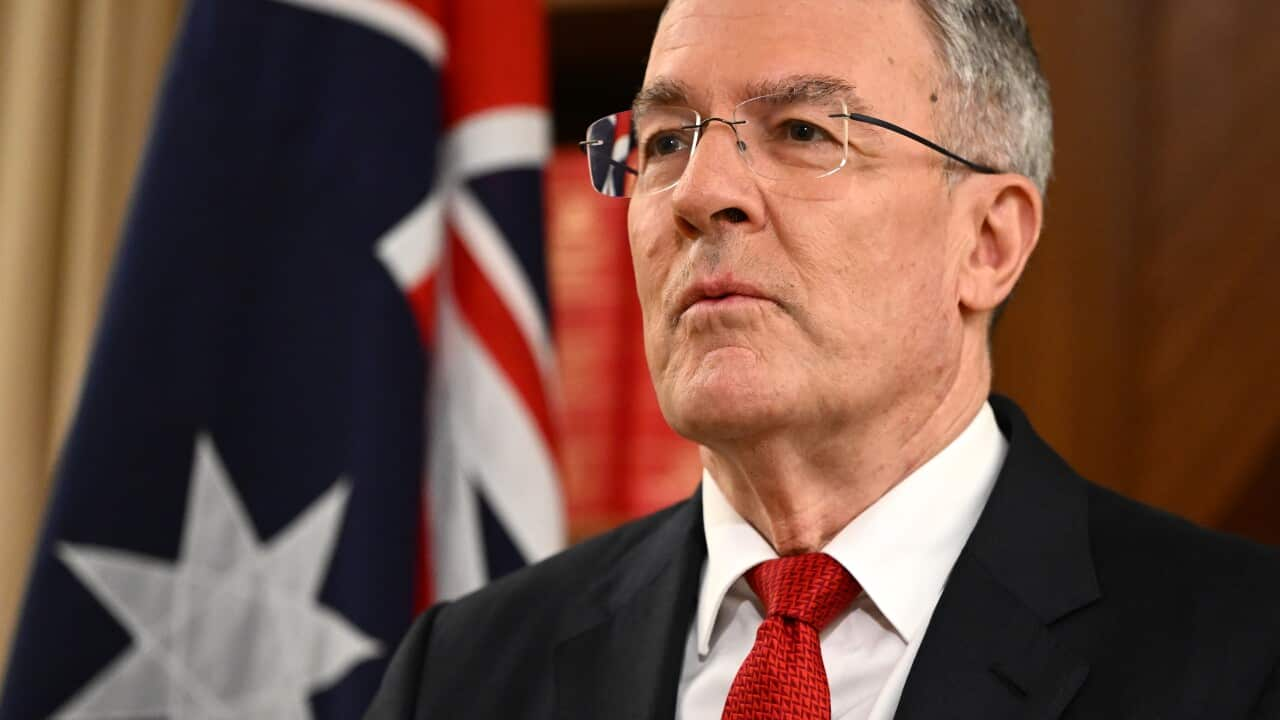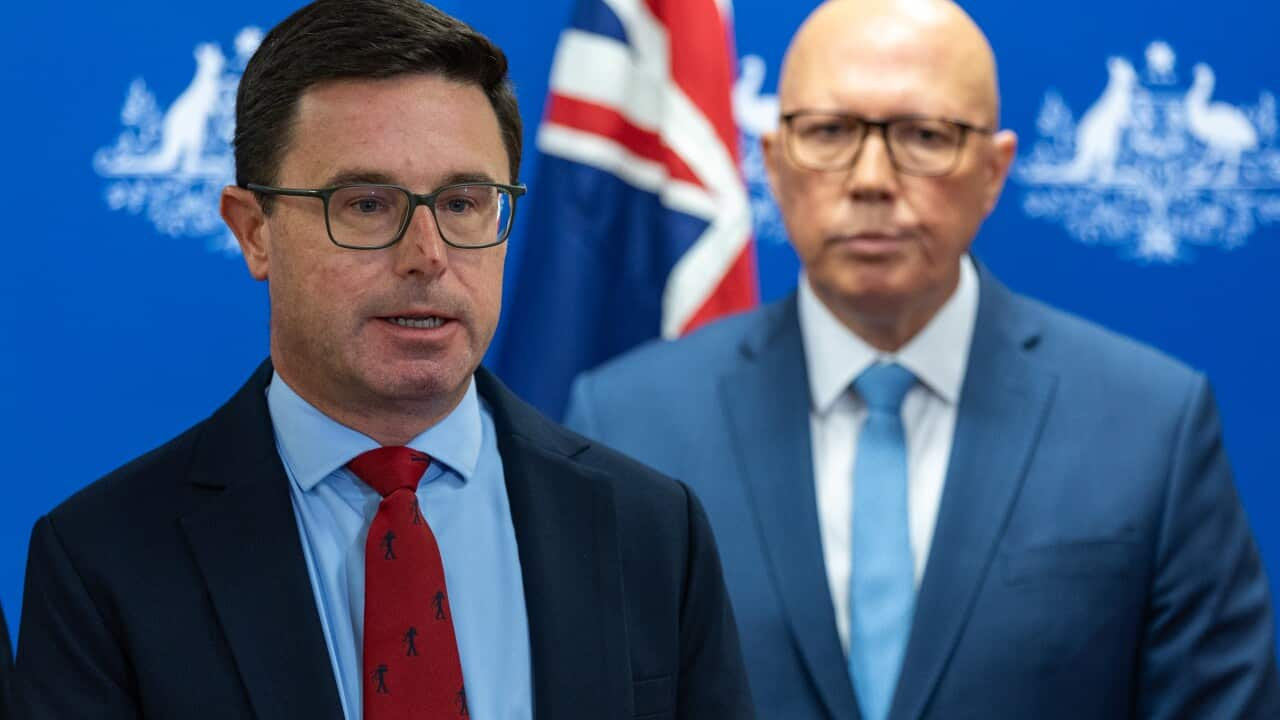TRANSCRIPT
Over the past few years, Australia has seen an apparent increase in far right groups and extremist ideology in Australia.
Peter Wertheim is the CEO of the Executive Council of Australian Jewry.
"We can only go on reports that are made to us or that are reported in the public sphere... We weren't aware of the public proliferation of Nazi symbols really before 2016. They would occur very rarely, and they were confined to fringe groups of individuals who were fairly well known to us, and I suspect to the police."
Earlier this year, Attorney General Mark Dreyfus introduced a bill that would ban the display or trade of Nazi symbols.
"Over the past year, just metres from here in Melbourne, we've seen the appalling and disturbing display of hatred, Nazi flags and symbols displayed on the streets of our city. There is no place in Australia for symbols that glorify the horrors of the Holocaust."
That legislation is now being scrutinised by the Parliament's intelligence and security committee - but multiple groups are sounding the alarm on the government's approach, for a range of reasons.
Ramia Abdo Sultan is from the Australian National Imams Council.
"At the outset, we acknowledge and support the intent behind the bill... However, we hold grave concerns about certain aspects of the bill and the effects this will have in terms of marginalising the Australian Muslim community, promoting misunderstanding and vilification, and fermenting mistrust within the community relating to police and authorities."
Ms Sultan says Muslims could be unfairly targeted by the authorities if, for example, they wear clothing that features symbolism banned by the bill.
"And not so much even the inconvenience. It's actual harm. That we'd have a potential suspect being accused of an offence and have to go through the process and fork out costs and legals and so forth. That's something that our community is really going to be, you know, detrimented by."
The broad concern is that the bill could prevent Muslims from openly practicing their faith because it might be assumed their use of the symbols means they have ill intent.
But Ghaith Krayem, also from the Imams Council, says neo-Nazi groups and IS have actually appropriated cultural symbols - like the swastika - that have been legitimate and cherished cultural symbols for thousands of years.
He says an ordinary member of the public might not realise that.
"When the Nazis use those symbols in the form that they've often used there was never a connection in the public mind between those symbols and those other religions... So the public don't associate those symbols with those religions, whereas Islamic State from the very beginning used those for that very purpose. So the impact of this bill would in fact prohibit Muslims of using their own terminology and actually say to ISIS, this is all yours - which is exactly what they want."
The inquiry has also heard concerns about the collection of war memorabilia.
Jason Gehrke from the Shooters Union Arms Collector's Branch, says the bill implies that genuine collectors are Nazis or advocates of the ideology, which he has described as "deeply hurtful and offensive".
He says they are not the ones the government should be worried about.
"Collectors are generally males over the age of 50, a finding that is consistent with our own experience in Australian, yet the Australian Federal Police have previously stated that their concerns about right-wing terrorists are focussed on young males radicalised via social media."
Mr Gehrke says the bill would adversely impact around 1.2 million Australians who own up to five million objects worth $760 million.
"The families and heirs of collectors - about another 4 million people - may inherit valuable objects on the passing of collectors but will be denied the opportunity to liquidate those assets because the value of their inheritance will be stolen by this bill... Unless the government is proposing to offer compensation on just terms, this bill represents a mass destruction of asset value that appears to be a violation of property rights under the Constitution."
Rita Markwell from the Australian Muslim Advocacy Network says there are also concerns for innocent members of the public who have an interest in IS symbols.
"They might be researching, collecting material and have no intention of engaging in violent extremism or terrorism. And in particular, young people - Muslim and non-Muslim - who have autism, which has been linked in research to taking a special interest in things to the point of collecting things. And there is a real concern that this law will unfairly target and criminalise young people and people with autism, and people more generally in the Muslim community, when it's not necessary to do that."













